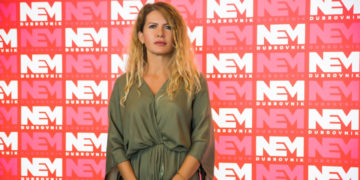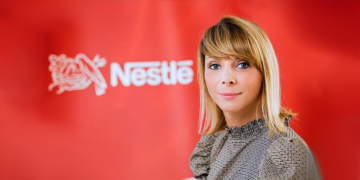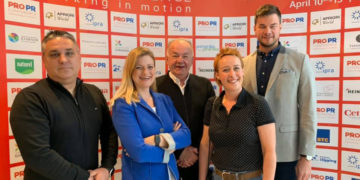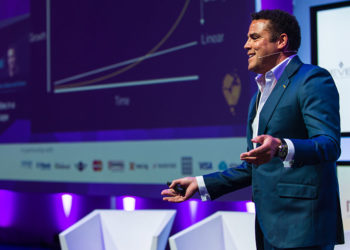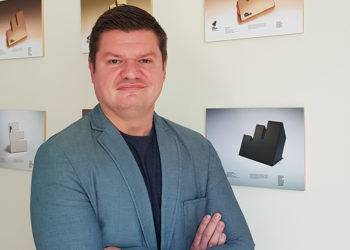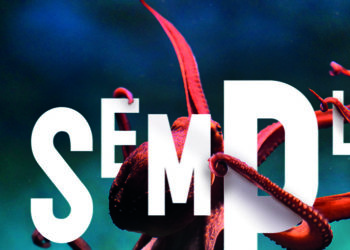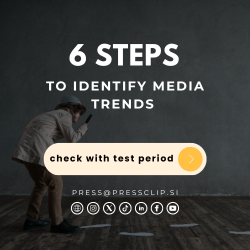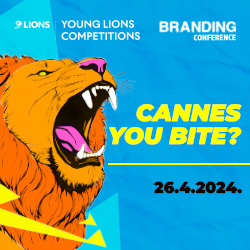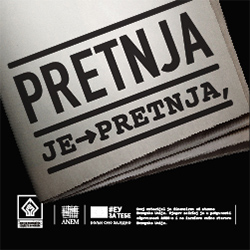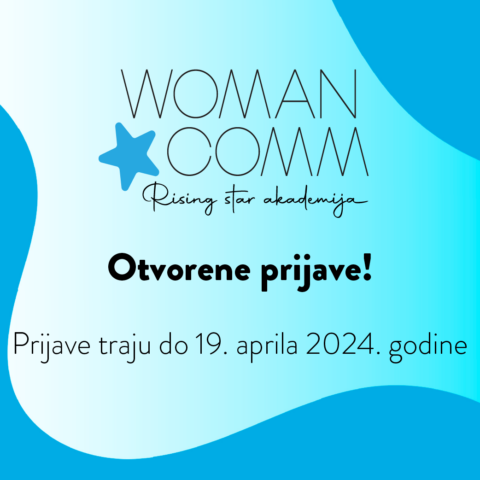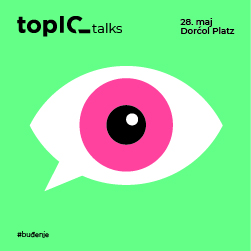Drugi jezik na kojem je dostupan ovaj članak: Bosnian
By: Milena Garfield
Let’s start with the etymology. What does the word medium mean? A medium is a mediator. Someone who is between the content and the recipient, someone who mediates between the two sides. The mediator. In this case, the medium is a mediator or carrier of a message, news or content.
In some cases, the media are sometimes the creators of content conveyed to the end-users, listeners, viewers or readers. Producing content requires money. At the time of the mass media of the 20th century, audience was concentrated around several major media and formed a compact and solid whole. Because of its size, consistency and relative immutability, mass audience which was concentrated (gathered) around the same content, in real time, represented an invaluable asset, which the media sold to producers of goods and services who wanted to inform this audience about their products. This incredible synergy of the media, as the creator of the program which gathers the public, and the advertising industry which wants to reach this audience so it pays to the media to produce and transmit programs and content, for centuries represented an extremely efficient model. All benefited: the audience, because they received free programs that were produced thanks to money from advertising, the media, because they were earning more and more money by offering bigger and bigger segments of audience thanks to better quality programs that they produced thanks to the ever-growing money, and, of course, the advertising industry and its clients because they were able to reach ever greater numbers of potential consumers. The advertising business, so to speak, sponsored or, more accurately, financed the media industry.
It was going well, until the explosion came, just as the recent video of the most popular Internet media platform among millennial generation has demonstrated. The creators of BuzzFeed video took a huge watermelon which they covered with the most ordinary rubber bands, until the pressure became so great that the watermelon burst, scattering the seeds right in the face of the audience. A very simple experiment and cheap production of an amusing, but pointless content, some would say. In only 45 minutes, in real time, the video raked in 800,000 simultaneous viewers – more than any other content that day. Watermelon that explodes right before the eyes of spectators had beaten all other content and attracted the largest number of viewers. (There’s a saying in the Adriatic region, where “the melon has broken” is used as a metaphor for a dying love relationship.) And that’s the future of television: a broken melon. Both literally, and very symbolically, because what are we all – the viewers, consumers, media and adpeople – but that cracked watermelon that has transformed and exploded into a myriad of tiny meaningless kernels. What are we, the viewers, but a “broken watermelon”?
What does this mean for the media and viewers? Well, it means that the media will hardly ever be able to draw a mass audience by selling serious programming portions and content for the same money as in the old times of the 20th century, when the watermelon was still intact.
What this means for the future of programming? It means that the media will try to be more receptive, more accessible, more fun, more informal and more bizarre, producing production and conceptually wise “cheap” content to keep the valuable (young) audience for longer, as their main guarantee of advertising revenue.
It also means that, although the budgets of clients, sponsors and advertising agencies are getting smaller every day, they themselves (the sponsors and clients), will become more and more influential when it comes to programs, because the media, in a desperate bid to retain those same advertising clients and sponsors in light of the reduced number of spectators, will make more programming concessions.
This can already be clearly seen in the case of the new, pervasive and very popular new media player, especially among the coveted young audience – the Vice.
What is the main appeal of Vice? Their actuality, speed, dynamism and dramatic flair of the reports. They don’t always deal with in-depth investigative journalism, but love spectacular shots and dramatic scenes. Due to high doses of sensationalism and shocking scenes, Vice attracts audiences, especially the youth, accustomed to the strong visual effects. Vice is the Game of Thrones of today’s journalism. Vice has major clients and sponsors. Vice also has excellent, current content. At first glance, everything is exactly as it should be in a new and modern approach to the media. But Vice is so dependent on their sponsors that this vice of dependency threatens its unbiased selection of angles from which they report. In an attempt not to offend their advertising clients and sponsors in any way, in choosing their topics, as well as in the manner of their coverage and the image of the world which they serve to their viewers, Vice often sticks to that old medical principle “first do no harm”. Can objective reporting and investigative journalism – which Vice boasts with – survive if they govern themselves with “sponsorship correctness”?
Vice often operates on a very thin line separating advertising from reporting, producing sometimes entire stories sponsored by major clients that appear in the background of the story, or adjusting the image and the story in order not to offend the advertising customers. It happens that sometimes the entire reports, which were preceded by several months of journalist research, be simply scuttled due to complaints of advertising partners. Where does that lead us when it comes to journalism, and even art? If sponsors, advertising clients and donors, of which the media and art institutions increasingly depend on, start to adjust their programming to their own wishes and tastes, we could end up in a world in which we will have neither disturbing news, nor provocative art content.
If both the media and the artists begin to be guided by the principle of “how to make a sponsor happy” as the main mantra of their profession, very soon we will have no news on, let’s say, climate change, because it would upset a sponsor or a customer who is a major manufacturer of cars and trucks. We will have no news about GMO food products because a sponsor / advertising client is an importer of these products. Stories about the refugees will have to be computer processed to darken all the corporate logos on T-shirts of refugees, because advertising sponsors don’t like to appear in such a negative context (this is not an assumption, because Vice has already done this).
But it’s hard to find a clean yet relevant news that will bother nobody. Except maybe some “easy stories” that are transferring from morning programs to prime time news ever more often. One of the leading broadcasters in the US, the ABC, several years ago introduced the practice of “light” notes in their headlines, so the leading reportage in one of the evening reports, in the midst of many global crises and conflicts, read “Do cats go to heaven?” I watched that personally, and couldn’t believe either my eyes or ears.
“Do cats go to heaven?” A polemical question, which certainly interested all animal lovers. And it certainly fits the tastes of a big sponsor, manufacturer of pet food. And it bothers no one. And what about all the other, less “pleasant” news? What about art? What about science? Oh, who needs that? It’s expensive. It’s boring. After all, who is still interested in art (in the coveted audience segment 18-49), when they can watch a watermelon explode? Let’s leave that to the competition. They don’t have either sponsors or ads anyway. Nor young audiences. They are too strict and outdated in their approach. They don’t realize that everything has changed, and that all, absolutely all around us, is just entertainment for the masses.





